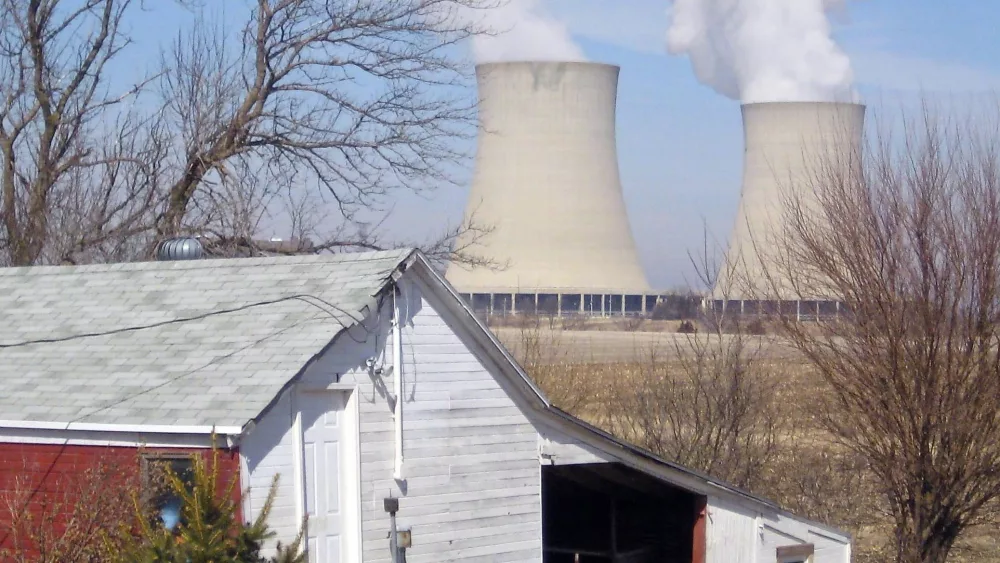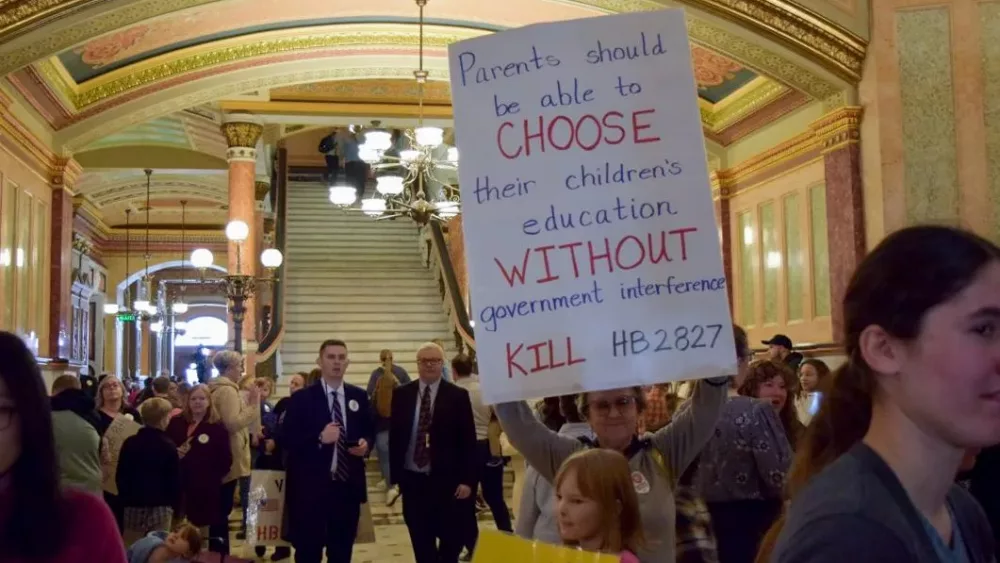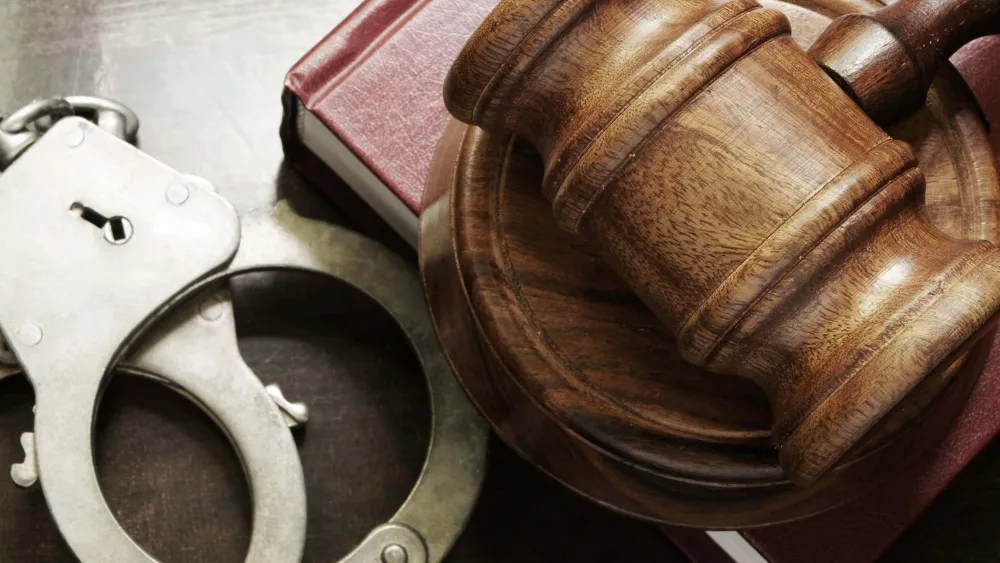By Greg Bishop with the Illinois Radio Network
The Illinois Supreme Court did the dirty work for Democrats and are disenfranchising millions of voters, according to statehouse Republicans who challenged legislative maps.
After the 2020 Census, new legislative maps were drawn by majority statehouse Democrats. Republicans opposed the maps, saying they were gerrymandered.
Following guidance from the judiciary, Republicans waited two election cycles to bring a challenge to show what they argued were negative impacts. The Illinois Supreme Court on Wednesday ruled against their challenge.
“Plaintiffs could have brought this argument years ago. Their claim that waiting multiple election cycles is necessary to reveal the effects of redistricting is unpersuasive,” the majority opinion said. “Plaintiffs’ approach would also be prejudicial and create uncertainty for voters and officeholders alike, now and in the future, as to whether any redistricting plan in Illinois is ever final.”
The majority opinion further stated that the timing is closer to the next decennial census than that last.
In the dissent, Justice David Overstreet said he would have allowed the case to proceed.
“To do so would uphold the court’s duty to address these claims as an original proceeding and would allow for due process, culminating in an opinion that provides future guidance on the ‘political fairness’ requirement that has been enunciated by the court in its prior precedent and states the court’s position on the issue of political gerrymandering in Illinois,” Overstreet said.
House Minority Leader Tony McCombie, R-Savanna, said the majority opinion is disappointing.
“The Illinois Supreme Court has done the dirty work for the Democrats and we are not obviously happy about it,” McCombie said Wednesday at her office in the capitol. “I think if anything, it’s just gonna be done for the Democrats to hold the majority, to cling to power, to continue to disenfranchise voters.”
State Rep. Ryan Spain, R-Peoria, said the outcome begs the question about conflicts of interest and the need to address that with legislation.
“Direct contributions of hundreds of thousands of dollars from the [Speaker of the Illinois House], millions more from other parties and interests that are controlled and under examination and audit, so something needs to be changed here,” Spain said alongside McCombie.
Spain said to expect detailed legislation from Republicans to address conflicts of interest and recusal rules for the Illinois Supreme Court.
Messages seeking statements from House Speaker Chris Welch and Gov. J.B. Pritzker’s offices, both who gave political contributions to two Supreme Court candidates in the most recent election, were not returned. A spokesman for Senate President Don Harmon, D-Oak Park, said they will let the ruling speak for itself.
The Princeton Gerrymandering Project, which assesses legislative maps around the country using several metrics, gave the current Illinois map a failing “F” grade.









